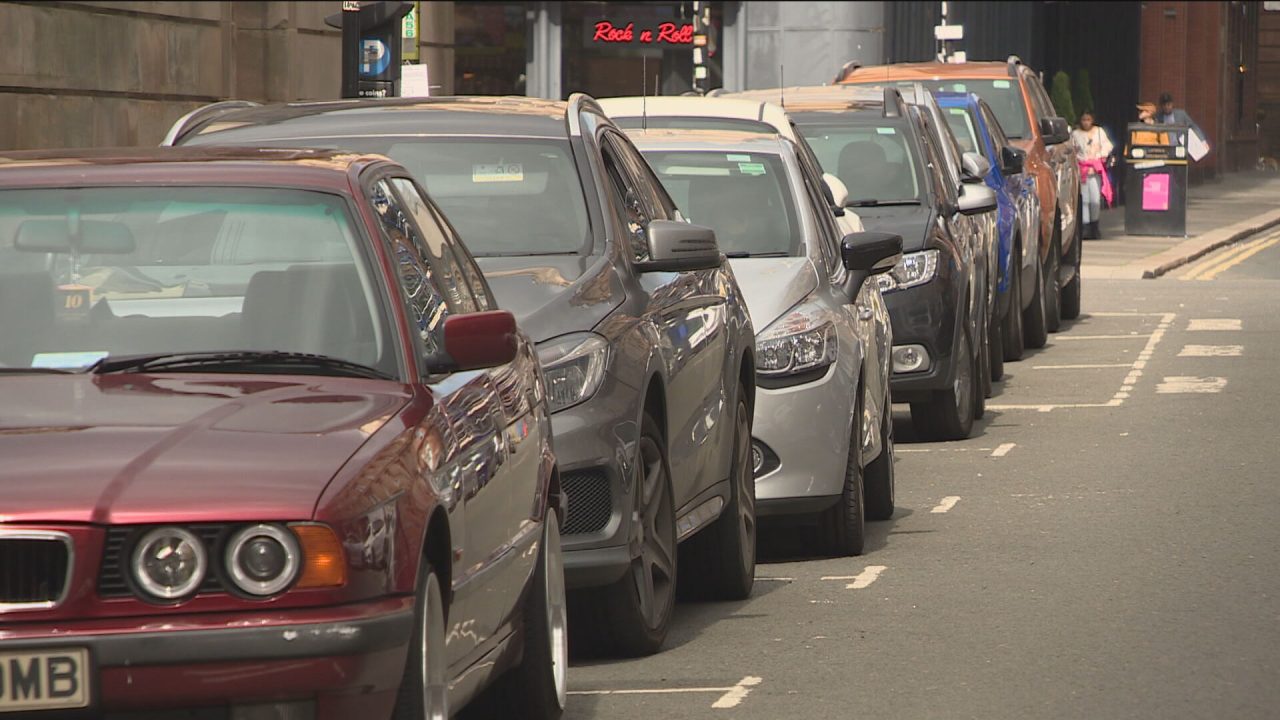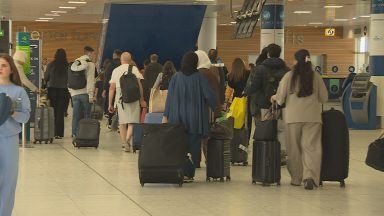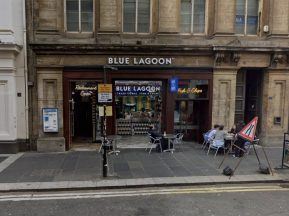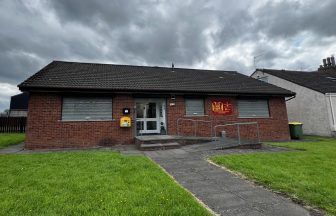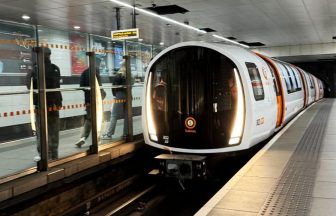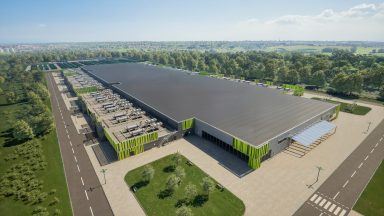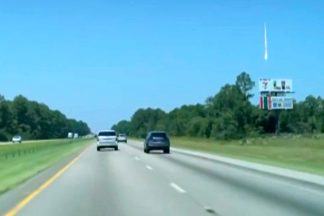Residents in Glasgow could be forced to pay up to £300 to park in the street outside their homes under new proposals.
Glasgow City Council is considering implementing a new carbon-based permit parking pricing structure for the existing controlled and restricted parking zones.
The permits, which would be enforced in 21 parking zones, would be based on the vehicle’s CO2 emissions.
A public consultation on the plans opened last Friday with residents being asked to share their views.
Under the plans, vehicles will be classified into five bands based on the amount of carbon generated by each vehicle for every kilometre travelled.
The charges will range from £80 for cars with 0-50 g/km, to £300 for cars with 226+ g/km.
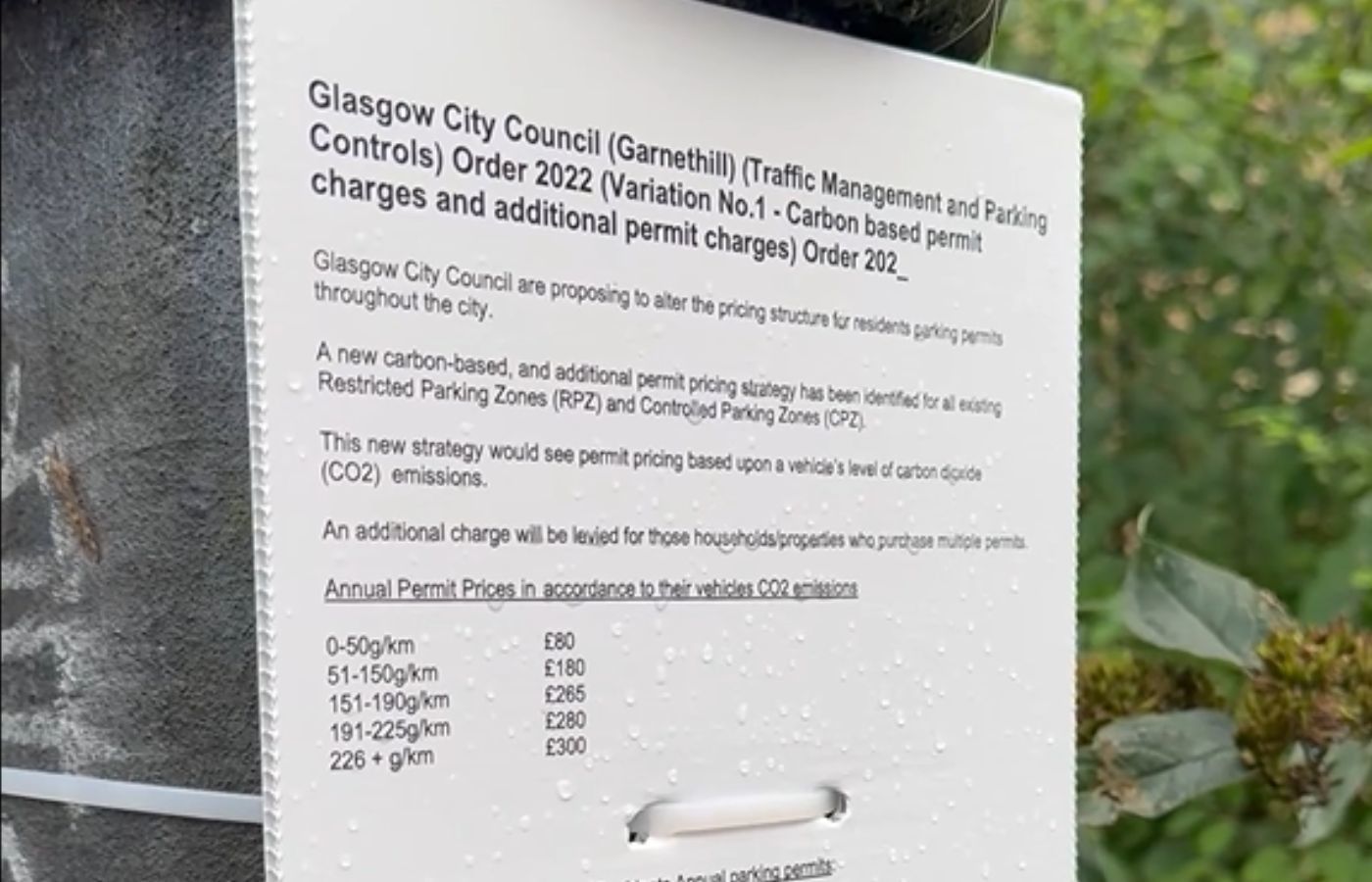 STV News
STV NewsThere are currently just under 10,000 permits currently in force in Glasgow.
Edinburgh became the first local authority to implement carbon-based parking permits in 2009, with the majority of those consulted supportive of the scheme.
Glasgow City Council said the plans are part of its drive to increase the use of cleaner, low-emission vehicles across the city and reduce car kilometres travelled by 30% by 2030.
Transport accounts for around a third of the 2.4 million tonnes of carbon currently produced in the city every year.
A council spokesman said: “These proposals have successfully completed the first phase of the traffic regulation order process, and we can now move forward to receive views from the wider public on Friday, October 4.”
“The possible introduction of carbon-based parking permits was originally put forward in Glasgow’s Transport Strategy as a way to support a shift to more sustainable forms of transport. Reducing the carbon output from our transport network is vital if Glasgow is to achieve its target of net zero carbon by 2030.
“Parking permits have a part to play by ensuring limited road space is shared as equitably as possible and the use of vehicles doesn’t create barriers for other who wish to walk, wheel or cycle or travel by other more sustainable means.
“Almost half of Glasgow’s households don’t have access to a car and rely upon active travel, public transport or initiatives such as Car Club to get about the city. The city’s approach to parking controls can have a direct bearing on how car use is managed, which can support the reliability of the bus system or encourage more people to walk, wheel or cycle.
“Under the proposals the cars that produce the most carbon will pay the most for parking. Like any traffic-related charge, any income goes to support the parking system itself but also a range of roads, transportation and other environmental initiatives.”
“Parking controls can ensure residents park close to their homes while also helping to improve the flow of traffic through the roads network and supporting road safety for all road users.”
The plans are open for public consultation until November 1.
More information on the plans can be found online.
Follow STV News on WhatsApp
Scan the QR code on your mobile device for all the latest news from around the country


